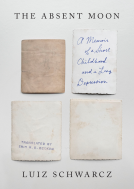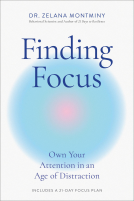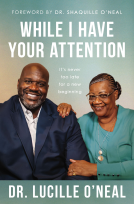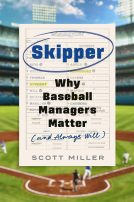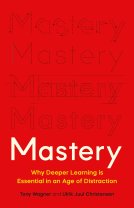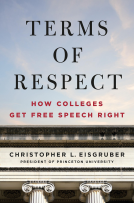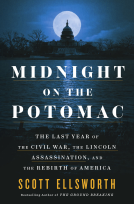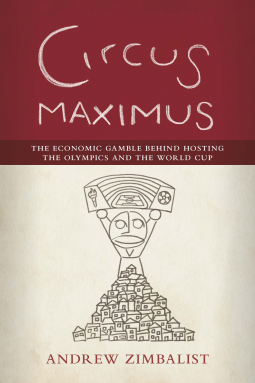
Circus Maximus
The Economic Gamble Behind Hosting the Olympics and the World Cup
by Andrew Zimbalist
This title was previously available on NetGalley and is now archived.
Send NetGalley books directly to your Kindle or Kindle app
1
To read on a Kindle or Kindle app, please add kindle@netgalley.com as an approved email address to receive files in your Amazon account. Click here for step-by-step instructions.
2
Also find your Kindle email address within your Amazon account, and enter it here.
Pub Date Jan 14 2015 | Archive Date May 05 2015
The Brookings Institution Press | Brookings Institution Press
Description
Athletes compete for national honor in Olympic and World Cup games. But the road to these mega events is paved by big business. We all know who the winners on the field are—but who wins off the field?
The numbers are staggering: China spent $40 billion to host the 2008 Summer Olympic Games in Beijing and Russia spent $50 billion for the 2014 Sochi Winter Games. Brazil's total expenditures are thought to have been as much as $20 billion for the World Cup this summer and Qatar, which will be the site of the 2022 World Cup, is estimating that it will spend $200 billion.
How did we get here? And is it worth it? Those are among the questions noted sports economist Andrew Zimbalist answers in Circus Maximus: The Economic Gamble Behind Hosting the Olympics and the World Cup. Both the Olympics and the World Cup are touted as major economic boons for the countries that host them, and the competition is fierce to win hosting rights. Developing countries especially see the events as a chance to stand in the world's spotlight.
Circus Maximus traces the path of the Olympic Games and the World Cup from noble sporting events to exhibits of excess. It exposes the hollowness of the claims made by their private industry boosters and government supporters, all illustrated through a series of case studies ripping open the experiences of Barcelona, Sochi, Rio, and London. Zimbalist finds no net economic gains for the countries that have played host to the Olympics or the World Cup. While the wealthy may profit, those in the middle and lower income brackets do not, and Zimbalist predicts more outbursts of political anger like that seen in Brazil surrounding the 2014 World Cup.
A Note From the Publisher
Andrew Zimbalist is the Robert A. Woods Professor of Economics at Smith College.
Available Editions
| EDITION | Other Format |
| ISBN | 9780815726517 |
| PRICE | $26.99 (USD) |
Average rating from 6 members
Readers who liked this book also liked:
Michelle Cassandra Johnson; Amy Burtaine
Health, Mind & Body, Outdoors & Nature, Religion & Spirituality
Christopher L. Eisgruber
Nonfiction (Adult), Politics & Current Affairs, Professional & Technical
